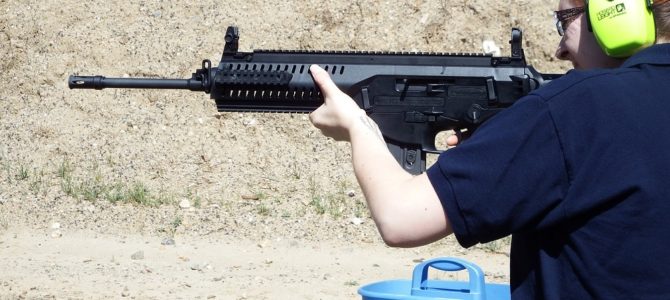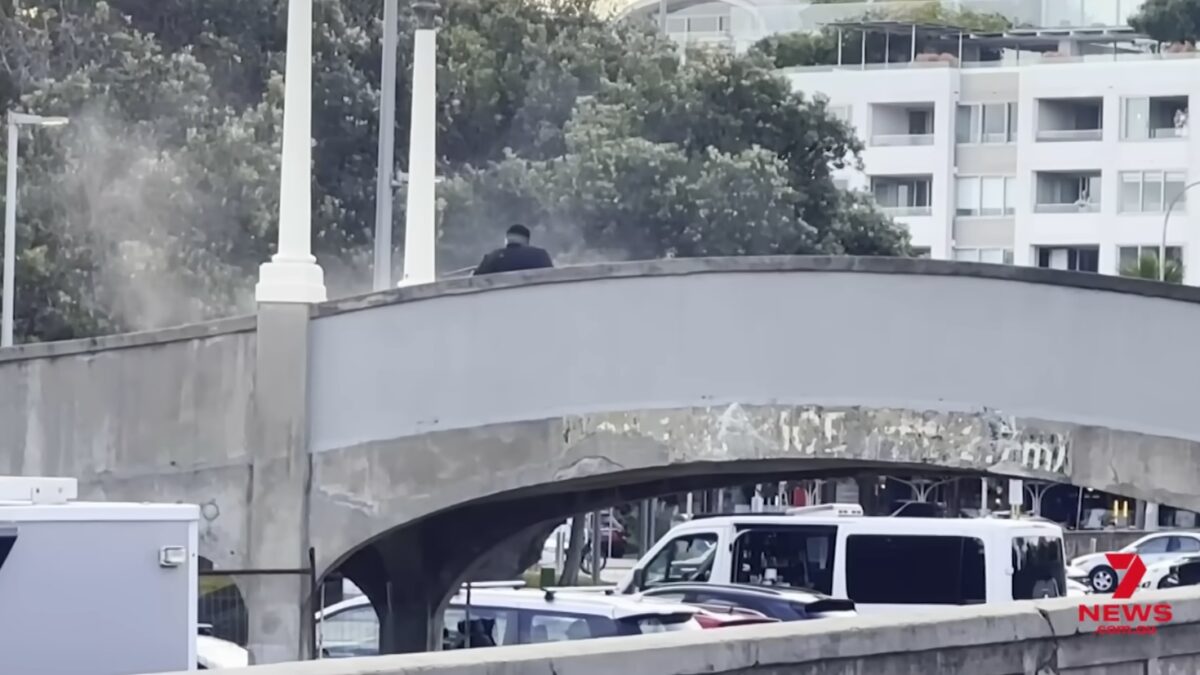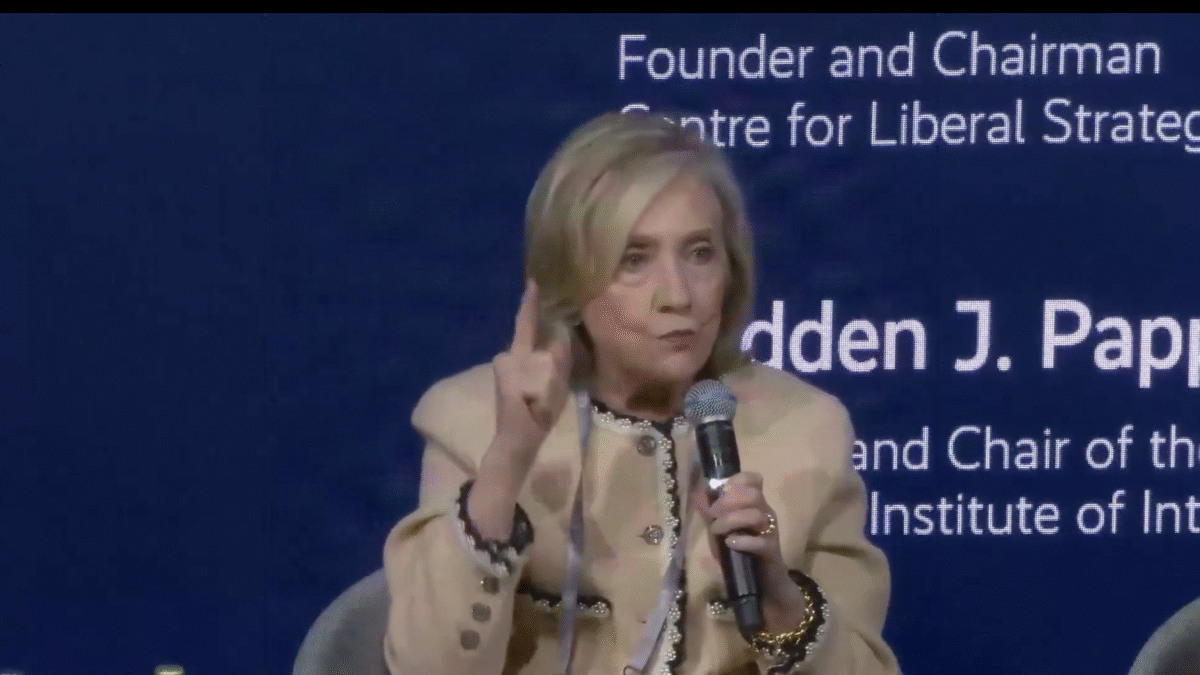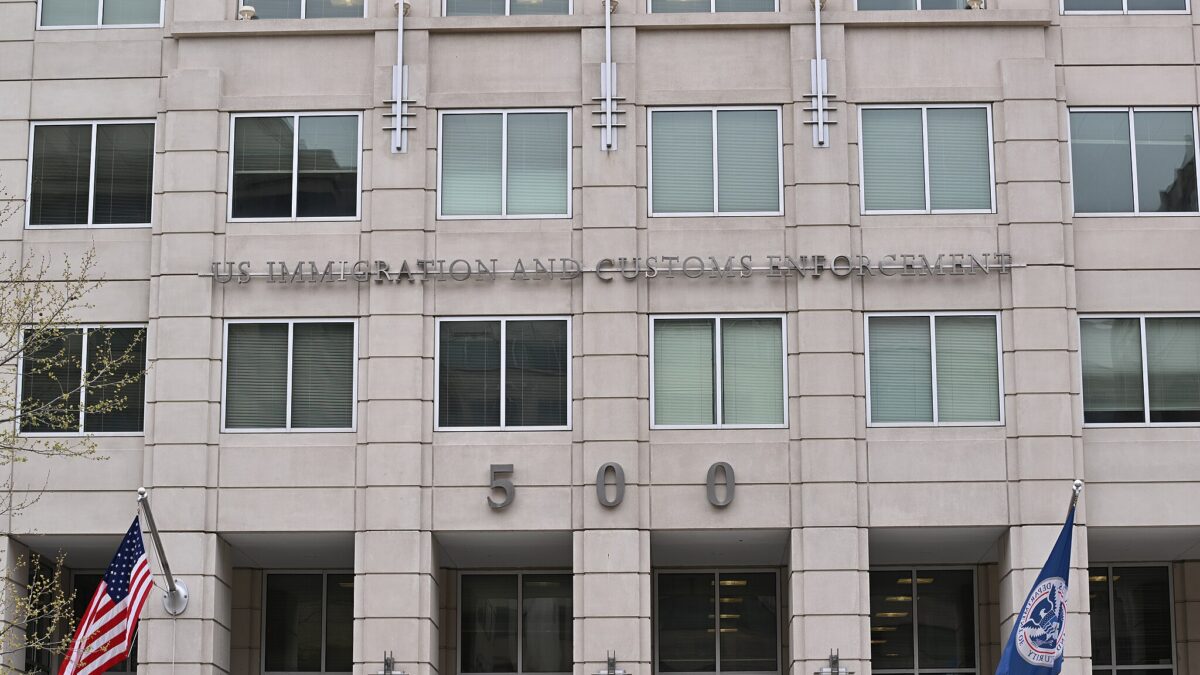
The tragedy at the heart of the gun control debate is that any firearm that can be used for good can also be used for evil. There are not good guns and bad guns. There are just guns, used by good and bad people. Any firearm that is effective for legitimate uses like hunting and self-defense will also be effective when used for evil purposes.
Nor can guns always be kept out of the wrong hands, for we cannot always know who will do evil, and those known to be hellbent on doing harm to others will often circumvent restrictions. Thus, the only realistic way to prevent mass shootings and end gun violence would be a total gun ban, ruthlessly enforced. Unfortunately, gun control advocates’ rhetoric is deliberately crafted to obscure this uncomfortable reality.
A ‘National Emergency’ Calls For Which Drastic Measures?
Knowing that Americans do not want to give up their right to keep and bear arms, many gun control supporters peddle a soothing lie wrapped in panic. As the Washington Post’s editors put it, “Gun violence is a national emergency and a public-health crisis—a crisis that could be ameliorated, without depriving anyone of their constitutional rights.”
Those in favor of ever-more gun control often try to walk this rhetorical tightrope. In order to rally support, they need to suggest that they have a real solution to gun violence––especially highly publicized mass murders––but they also need to reassure moderates and gun owners who do not want their guns to be taken away.
Anti-gun activists want the moral clarity and passion of a crusade against evil (“Enough is enough!”), but they also need to insist that their proposals are sensible reforms that will not infringe on our rights. This rhetorical two-step reveals the bad faith of the gun control movement. Their supposedly limited “common sense” policies would not end gun violence or stop mass shootings; they would not even do much to ameliorate them.
The “assault weapons” ban the Washington Post proposes might reduce the body counts of some mass shootings—maybe. The actual policy results (possible minor reductions in gun violence) are at odds with gun control supporters’ fervid, moralistic rhetoric and grandiose claims.
The disparity disappears, however, if it is assumed that ostensibly moderate proposals are part of an incremental strategy. The evidence supports this. The Washington Post has never seen a gun-rights restriction it disliked. Its editors have argued that government gun registries are the “most reasonable and benign of measures” and were horrified at private “ownership of semiautomatic handguns and rifles” and citizens lawfully “carrying weapons in public.” They wrote that it “makes no sense from a safety perspective to sanction the carrying of such weapons on city streets.”
The only example I could find of them opposing a DC restriction on gun rights was when it would have imperiled the national gun control agenda. They do not believe in a right to keep and bear arms; they believe that it should be a privilege, sparingly bestowed and heavily regulated.
No Need to Hide the Obvious Agenda
Some Post writers are even less circumspect about their desire to get rid of guns. Writer and pundit Elizabeth Bruenig suggests that reducing the supply of guns “is the solution to the United States’ nightmarish mass shooting problem.” Her colleague Helaine Olen writes that, “Minus firearms, these shooters have been angry, troubled people who think violent thoughts. It’s the easy ability to obtain firearms that turns them into killers.” There is logic to this: ban the tool, and the evil work it is used for becomes impossible.
But so does the good work, especially that of personal self-defense. So we are back to the tragedy of the gun control debate—guns that can be effective for good will also be effective for evil, and vice versa. This is true even for the so-called assault rifles that have been demonized by gun control advocates as mass murder machines. Semi-automatic rifles are often excellent tools for home defense, sport shooting, and hunting. There is no functional distinction between the guns used by responsible citizens for good and the guns used by criminals for evil.
Mass shootings are horrifying examples of this. Despite disproportionate media coverage, they account for a small percentage of shooting victims, and none of the usual gun control proposals would stop all, most, or perhaps even any, of them. The National Rifle Association (NRA) is condemned as a villain obstructing “sensible” and “common sense” proposals that would have prevented the latest tragedy, but as National Review staffer David French writes, we do not really know how to stop mass shootings.
They have been committed with every sort of modern firearm, from handguns to shotguns to various types of rifles, often in jurisdictions with strict gun control and in locales where guns were prohibited. Many perpetrators who should have been prohibited from owning guns slipped through the cracks of bureaucratic incompetence; restrictions and regulations are useless when they are inadequately enforced.
I sympathize with gun control advocates who look at the latest mass shooting or violent crime report and wonder why we cannot seem to stop these evils. But productive dialogue and effective policy must be built on truth, and it is not true that there is one simple trick to solve gun violence, that it would not infringe the rights of legitimate gun owners, and that it is only being blocked by the NRA’s wiles. This is childish fantasy, no matter how often it is repeated.
Dishonesty breeds distrust, so when gun control advocates demagogue over shootings that none of their stated policy proposals would have prevented, it is obvious that they are either cynically manipulating the ignorant or hiding their real policy goals––or both. “Enough is enough,” thunders the Washington Post. No doubt the editors will say the same again if their current policy proposals are adopted and inevitably fail. Presumably they would repeat it until the entire country resembles Washington D.C. before the Heller decision—disarmed, except for the government and the criminals.









